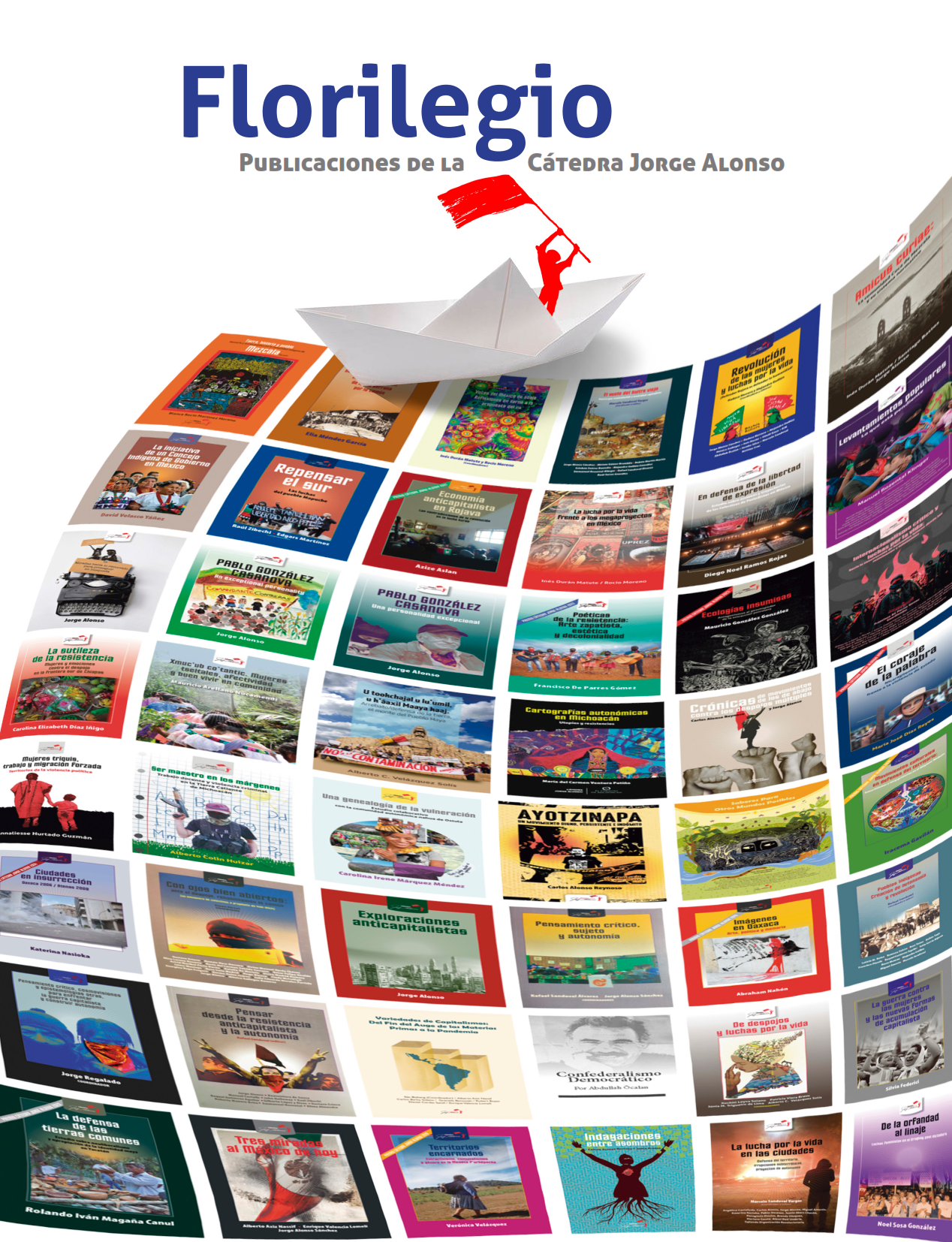Marxism in the modern world: social-philosophical analysis
Resumen
ABSTRACT
The paper concentrates on resolving the question: is it possible today to be guided by Marxism as an instrument of social transformation, is this teaching capable of contributing to social advancement? Facts are a stubborn thing: Marxism in its completeness is refuted. But the fact of the collapse of the attempts to put Marxism into practice is not a completely convincing argument against the social doctrine of Marx. The question, ultimately, goes back to the problem of the subjective factor of the moral, theoretical, and political maturity of those who turn Marxism in actual practice.
RESUMEN
El documento se concentra en resolver la pregunta: ¿es posible hoy ser guiado por el marxismo como instrumento de transformación social? ¿es esta enseñanza capaz de contribuir al avance social? Los hechos son obstinados: el marxismo en su integridad es refutado. Pero el hecho del colapso de los intentos de poner en práctica el marxismo no es un argumento completamente convincente contra la doctrina social de Marx. La cuestión, en última instancia, se remonta al problema del factor subjetivo de la madurez moral, teórica y política, de quienes transforman el marxismo en la práctica real.
Citas
AS, HH (2016). To be Excellent Society: Comparative Analysis between Western and Muslim Philosophers. Ulumuna, 20(1), pp. 147-176.
BAUDRILLARD, J (1998). The Consumer Society: Myths and Structures. Sage, London, England. P. 111.
BLYUKHER, FN (2018). “Karl Marx as a Philosopher of Science on the Bicentennial of His Birth”. Herald of the Russian Academy of Sciences, 88(6), pp. 531-538.
DAVIES, B, SANDSTRÖM, S, ANTHONY, SH, & WOLFF JAMES, EN (2008). “The World Distribution of Household Wealth”, UNU-WIDER. Retrieved, 16.05.2019, from https://www.wider.unu.edu/sites/default/files/dp2008-03.pdf
DEMMERLING, C (2017). “More than Words: from Language to Society”. Wittgenstein, Marx, and Critical Theory. Thinking Critically: What Does It Mean? The Tradition of Philosophical Criticism and Its Forms in the European History of Ideas, p. 191.
EXCHANGE, E (2019). “Marxism and the study of equal exchange in the context of the modern world crisis”. Marx and Modernity: A Political and Economic Analysis of Social Systems Management, pp. 373-374.
“Experts have recognized inequality in Russia comparable to 1905”. Retrieved, 05.16.2019, from https://www.rbc.ru/economics/16/12/2017/5a33e2fc9a79471b6d846e24.
KHAZIEV, AK, KHAZIEVA, NO, & KLYUSHINA, EV (2015). “In pursuit of the bright future: Russia’s socialist and post-socialist experience in everyday language as a subject of the conceptual analysis”. Journal of Language and Literature.6 (3), pp.95-97.
KHAZIEVA, N, KHAZIEV, O, AKLIM, KH, KLYUSHINA, EV, STEPANENKO, GN, & STEPANENKO, RF (2017). «Friends» and «Foes» in the Social Space of the Tatar Ethnic Group. “Tarih Kultur ve Sanat Arastirmalari Dergisi”. Journal of history culture and art research, 6(4), pp.1237-1244.
KITCHING, G (2015).Karl Marx and the Philosophy of Praxis (RLE Marxism). Routledge.
LENIN, VI (1920). “Children’s Disease of “Leftism” in Communism”. The Experience of a Popular Conversation about Marxist Strategy and Tactics. Retrieved, from https://www.marxists.org/russkij/lenin/1920/leftwing/index.htm
LENIN, VI (1973). Three Sources and Three Components of Marxism. Volume 23. Publishing House of Political Literature. p. 40-48.
LICHTHEIM, G (2015). Marxism (RLE Marxism): An Historical and Critical Study. Routledge.
MARX, K, & ENGELS, F (1969). Manifesto of the Communist Party. Marx/Engels Selected Works, Vol. 1, Moscow: Progress Publishers. pp. 98-137.
MARX, K (1970). Critique of Hegel's Philosophy of Right. Oxford University Press.
MARX, K (1987). Capital: Criticism of Political Economy. K. Marx Complete Works. Volume 3. Publishing House of Political Literature. p. 1187-1188.
MICHELS, R (1991). “Sociology of a Political Party in a Democracy”. Dialogue. Issue 4. Retrieved, from http://v4.udsu.ru/files/1303479468.pdf.
RIGAUER, B. (2000). “Marxist theories”. Handbook of sports studies, pp.28-47.
ZHIZHEK, S (2005). “Sources and Components of Marxism”. Retrieved, 16.05.2019, from https://www.marxists.org/reference/subject/philosophy/works/ot/zizek1.htm.
ZHIZHEK, S (2009). The Sublime Object of Ideology. Verso Books; New Edition. p. 272.
ZHIZHEK, S (2019). The Relevance of the Communist. Manifesto Polity Press. p. 70.
ZINCHENKO, V (2015). “Institutional transformations systems of society and perspectives of critical theory in the social philosophy of education”. Pedagogikа Filozoficznа, (1), pp. 59-68.









